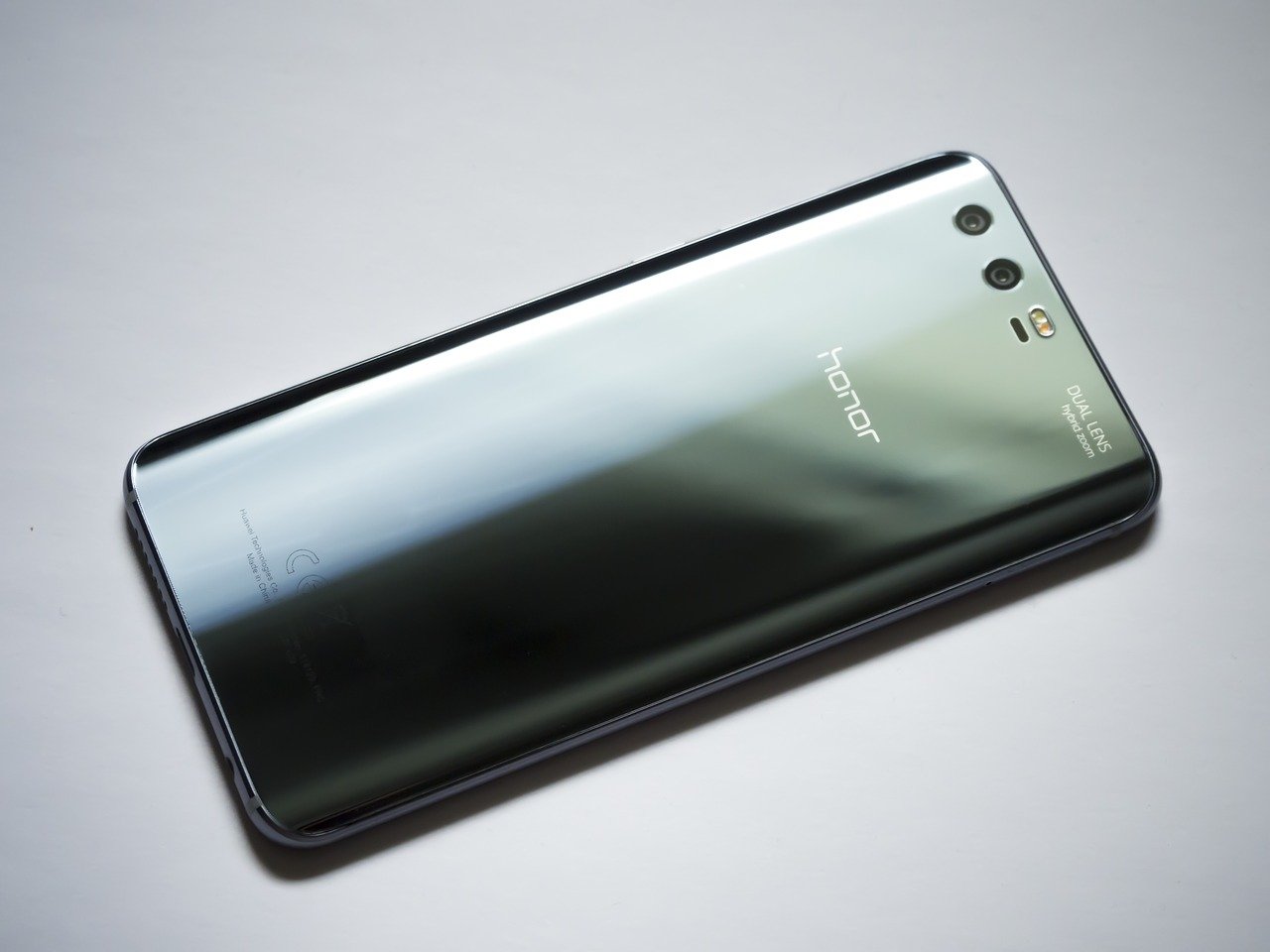U.S. authorities can't decide whether Honor should be considered a national security threat

Late last year, Chinese electronics maker Huawei sold its budget mobile brand Honor to "ensure" that it would survive sanctions imposed by the US on its own business. The move allowed the detached brand to work with firms such as Qualcomm and Intel to get chips and other critical components for its phones, laptops and wearable devices. But now Honor could be in trouble, too.
What problems...
According to a source, officials at four federal agencies voted last week to blacklist the company as a Department of Commerce organization. Being on that list would prevent Honor from working with U.S. companies. The votes were reportedly split evenly. Officials from the Pentagon and Department of Energy reportedly spoke in favor of putting the company on the list, while their counterparts at the Department of Commerce and the State Department did not.
Because of the impasse, political appointees at those agencies must decide what to do. If they can't make a decision, the issue could end up on President Joe Biden's desk.
...and prospects
Ultimately, those who argue that Honor should go on the "banned" list will have a hard time convincing their peers that the company is a threat to U.S. national security. Unlike its former parent, Honor does not sell telecom equipment to telecom operators. That means it's not involved in building the 5G networks that were the cornerstone of the decision to put Huawei on the ill-fated list. What's more, Honor's products aren't even sold in the US.
Source: washingtonpost
Illustration: Esa Riutta